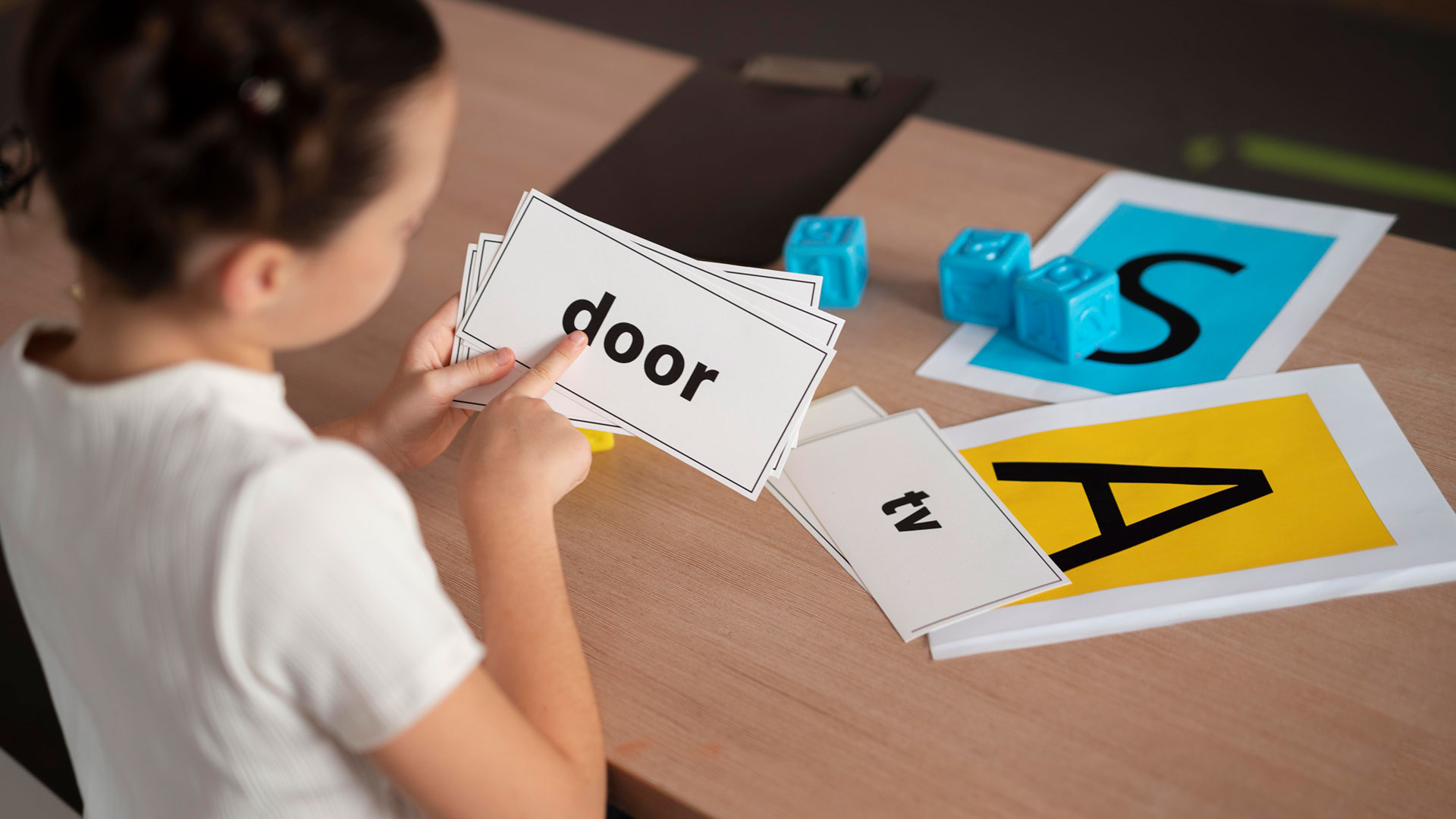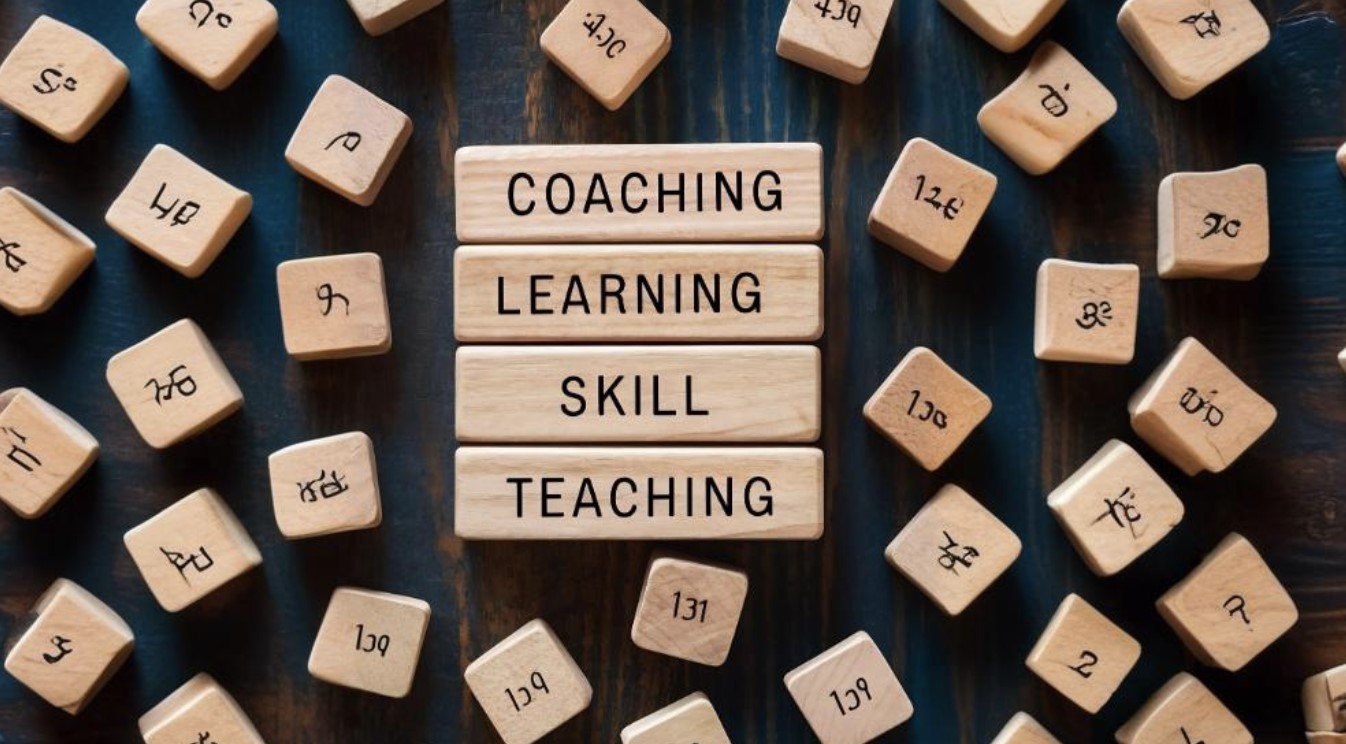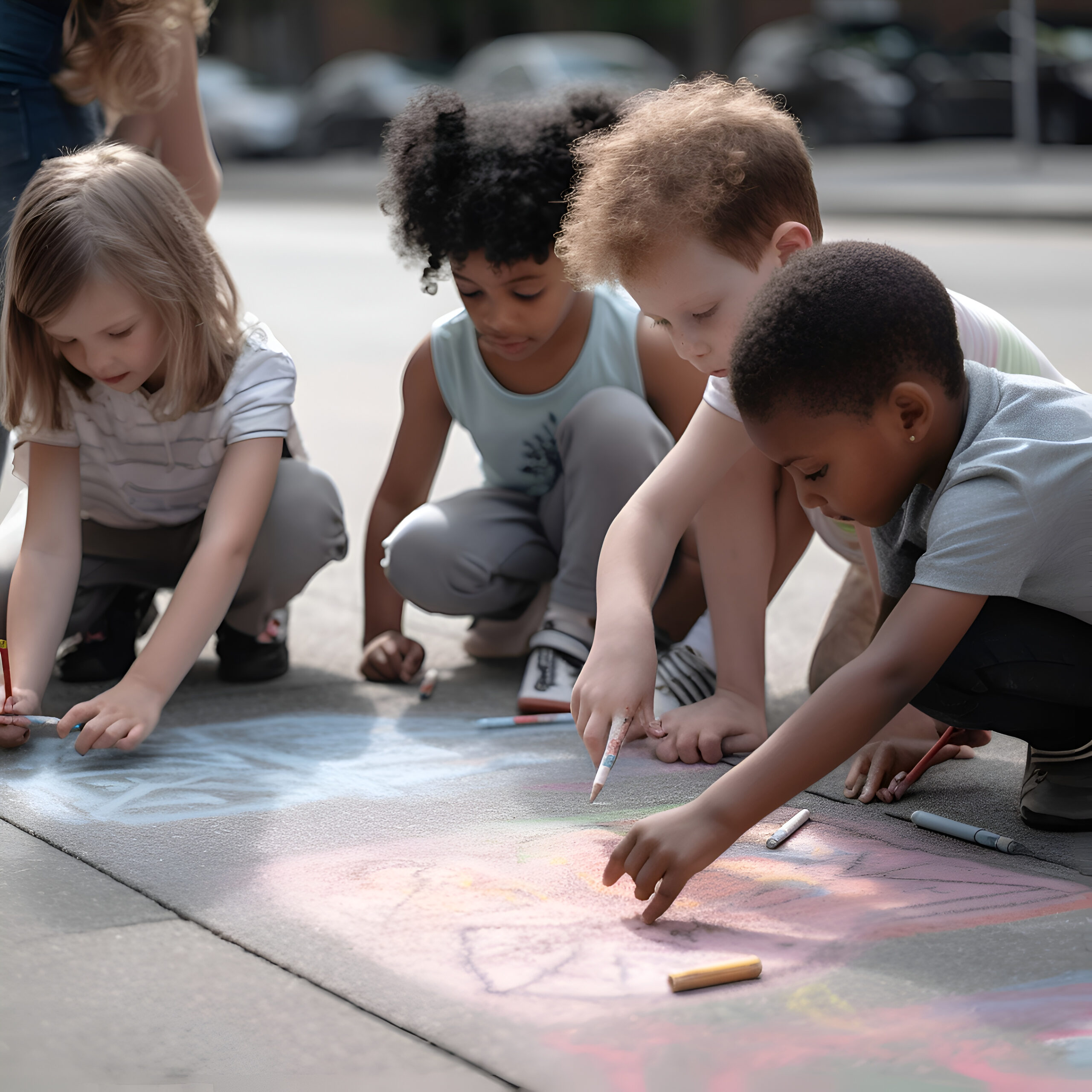Is there logic in Education? Yes, if one thinks that everything in universe works in a cycle consisting of logic and sense and it is harmoniously interrelated to each other.
Logic in learning exists when the educator explains linguistic items like vocabulary and grammar in exercises, sentences or context through the ‘what-why-how’ process so that everything makes sense and meaning is derived by students both in its logical and emotional essence.
Logic goes hand in hand with EL because meaning and comprehension provoke thought, and thought triggers realization and emotions. Students are often preoccupied with various “mis-” issues in their lives. They tend to misbehave, misinterpret, misunderstand, or miss the meaning and understanding of their studies. This makes it difficult for them to observe and follow the three basic Cs in their daily studies: concentrate, connect, and communicate what they encounter in vocabulary, grammar, and texts.
Logic involves thought and meaning, raising the question: how can it be implemented in learning to help students become more effective and thoughtful learners? Language is better understood when teachers elicit queries, explanations, and critical thinking from students. For example, drawing attention to the subject and verb in a sentence through effective techniques can significantly enhance comprehension. Understanding structures like the use of “do/does” in the Present Simple to form questions is essential. However, exceptions arise, such as when the subject is unknown. In essence, the subject and verb “dance” together to convey the intended meaning.
Focus, observation, and thought are crucial in adding meaning. Explaining grammar in a logical, simple, and clear way “awakens” the mind and facilitates assimilation. Similarly, interactive exercises and reviews are highly effective as they help students better understand and remember what they learn. Activities like chess or sports, which involve rules and require logic, can also be fruitful because they combine observation, thought, and practice.
Teachers replay, and students reflect. Through play and repetition, learning experiences involving logic and comprehension are enhanced. Mistakes should not only be accepted but encouraged! Mistakes draw attention to language items, making them more easily consolidated both linguistically and mentally. Even with limited vocabulary, logic can guide meaning through context, key words, concentration, and observation.
Encourage students to plan their studies in a logical and organized way. By organizing their time and tasks, students can become more focused, effective, and responsible. They will better understand what to do, how to work, and how to plan, developing the awareness necessary to tackle challenges and solve problems in life. Logical thinking in education fosters life skills like planning, time management, goal-setting, and prioritizing. When reinforced through innovative and inspiring lessons, these skills lead to maturity and personal growth. At the same time, stress is reduced, and learners become more motivated and disciplined, especially when a growth mindset is cultivated from an early age.
Simplify and gamify study through storytelling, problem-solving, and activities that foster curiosity, persistence, and recognition of students’ efforts. Avoid procrastination by engaging in creative revision and consolidation activities. Help students build routines and follow rules in their daily lives. This will enable them to think and act logically, benefiting them both as students and individuals. Logical thinking helps students identify mistakes more easily, such as recognizing that the object pronoun in a relative clause is omitted when a relative pronoun is already present:
- “This is the bus which I caught (it) yesterday.”
Similarly, it is illogical to use both a name and a pronoun to refer to the same person:
- “Dan (he) is going to the party.”
Equip yourself as a teacher with tools to better support your students’ development. For instance, drama can boost confidence, encourage students to step out of their comfort zones, and foster active participation. Presentations and role-playing can enhance oral and written skills while supporting memory retention. Collaboration and communication further develop flexible thinking and deepen understanding of real-life issues such as fear, self-acceptance, friendship, behavior, and compassion.
Finally, equip yourself to support your students’ mental health and well-being. Deepen your expertise, maintain your own health and vigor, and create a supportive environment. This balance will enhance both teaching and learning, empowering students to succeed academically and personally.




